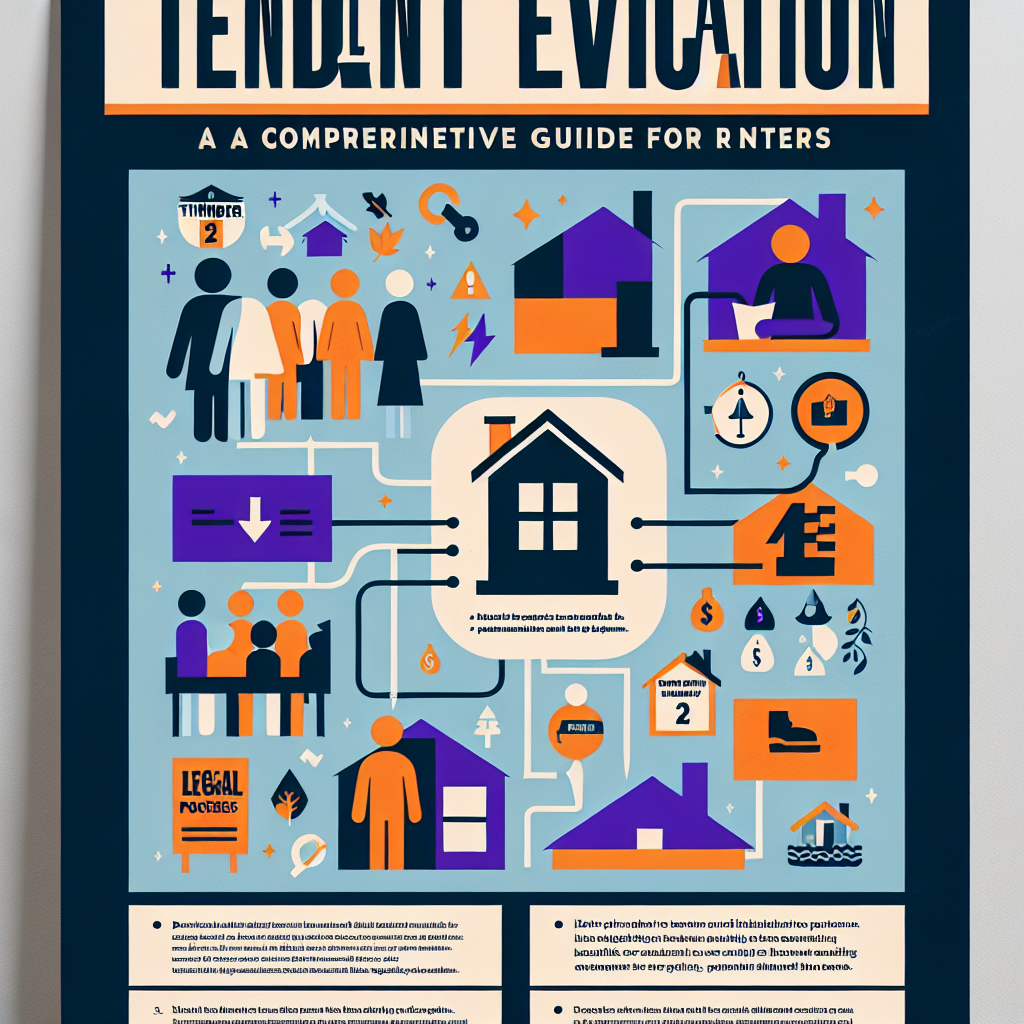 Understanding the tenant eviction process in Thunder Bay requires a comprehensive approach, as it is governed by provincial laws and regulations. Here's a step-by-step guide to help navigate this complex situation:
Understanding the tenant eviction process in Thunder Bay requires a comprehensive approach, as it is governed by provincial laws and regulations. Here's a step-by-step guide to help navigate this complex situation:Understand Your Rights and Responsibilities
1. Familiarize Yourself with the RTA:
- The Residential Tenancies Act, 2006 (RTA) is the primary legislation governing landlord-tenant relationships in Ontario. It outlines your rights and obligations as a tenant and dictates the legal processes for eviction.
2. Know Your Lease Terms:
- Review your lease agreement thoroughly. It should outline all conditions including notice periods, rules regarding breaches, and conditions under which eviction may occur.
3. Recognize Grounds for Eviction:
- Understand the legal grounds for eviction under the RTA, such as non-payment of rent, damage to the property, illegal activity, persistent late rent payments, and the owner's need to use the property.
Handling Notice of Termination
4. Receive and Respond to Notice:
- If you receive a notice of termination (such as an N4 - Notice to End your Tenancy for Non-payment of Rent), understand that this is the first step in the eviction process, not an eviction itself.
- Check that the notice provides the required details: reasons for eviction, corrective actions (if applicable), and the required notice period.
5. Correct Any Issues:
- If the reason for eviction is remediable (e.g., unpaid rent), take immediate steps to address the issue within the timeframe provided in the notice. Communicate any actions taken clearly to your landlord.
Negotiation and Mediation
6. Communicate with Your Landlord:
- Open a line of communication with your landlord. Express your willingness to resolve issues amicably and propose solutions if feasible.
7. Mediation Services:
- Utilize local mediation services if discussions become contentious. The Landlord and Tenant Board (LTB) may offer mediation services that help negotiate a settlement agreeable to both parties.
Legal Proceedings
8. Attend the LTB Hearing:
- If an application has been filed against you with the LTB, you will be notified of a hearing date. Attend this hearing prepared with all relevant documentation and evidence to support your case.
9. Prepare Documentation:
- Gather all necessary documents including rent receipts, communications with your landlord, evidence of attempts to rectify any issues, and proof of any mitigating circumstances.
10. Seek Legal Advice:
- Consider seeking advice from legal clinics in Thunder Bay or tenant advocacy groups for representation or guidance on how to effectively present your case.
11. Participate in Settlement Offers:
- During the hearing, consider any reasonable settlement offers proposed by either party or suggested by the Board to potentially resolve the matter without further dispute.
Managing Aftermath of Eviction
12. Understand the Outcome:
- Comply with the Board’s decision if they rule in favour of the landlord. You will typically be given a specific timeframe within which you must vacate the property if evicted.
13. Access Support Services:
- If eviction is inevitable, connect with local support services including housing assistance programs, community shelters, or financial aid services to ease the transition.
14. File Appeals if Necessary:
- If there are substantial reasons for contesting the Board's decision, you may file an appeal or request a review, but understand this must meet specific legal criteria.
Preventative Measures
15. Maintain Good Recordkeeping:
- Keep an organized record of all transactions and communications regarding your tenancy. This includes rent payments, repair requests, maintenance records, and any disputes.
16. Regularly Review Financial Plans:
- Ensure you have a sound financial plan for timely payment of rent and other expenses. Regularly review your budget to accommodate any changes in income or necessary expenditures.
17. Build Positive Landlord-Tenant Relationship:
- Foster a respectful and communicative relationship with your landlord from the beginning to help mitigate potential conflicts down the road.
18. Stay Informed About Legal Changes:
- Keep abreast of any updates or changes in tenant laws and guidelines that could affect your tenancy.
By following these steps, tenants in Thunder Bay can navigate eviction processes more effectively while ensuring their rights are protected under Ontario’s legal framework. Understanding the interplay between maintaining tenancy rights and meeting lease obligations forms the foundation for handling such situations responsibly and with as little disruption as possible.

Comments
Post a Comment